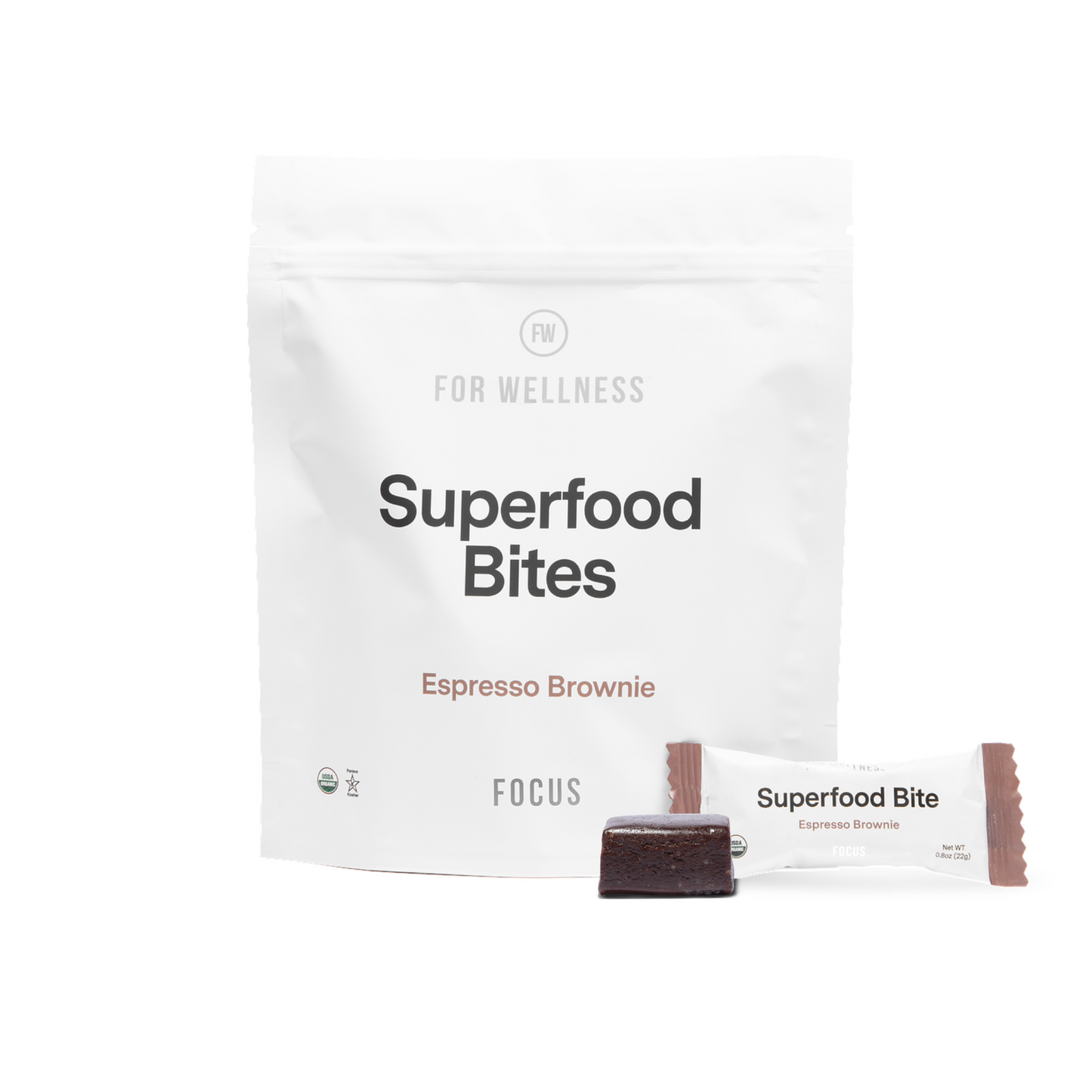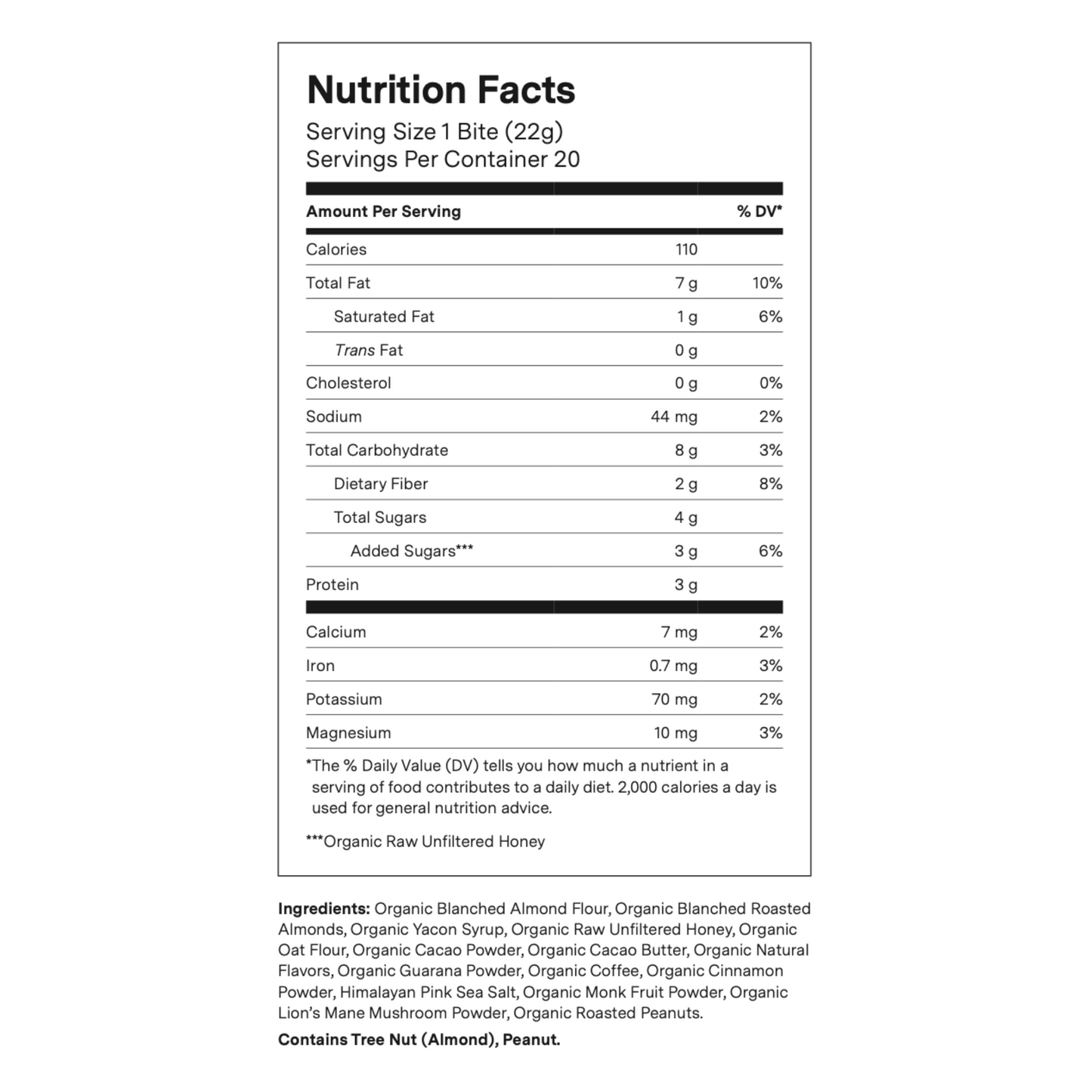Adaptogen foods are gaining popularity for their potential to help the body adapt to stress and promote overall well-being. This blog explores the fundamentals of adaptogen foods, their benefits, and how to incorporate them into your diet.
What Are Adaptogen Foods?
Adaptogen foods are natural substances, often herbs or roots, that help the body resist stressors of various kinds, whether physical, chemical, or biological.
These foods have been utilized in traditional medicine for centuries, with origins tracing back to ancient cultures that recognized the importance of maintaining balance in the body. By acting on the adrenal system, adaptogens can enhance resilience against stress and promote homeostasis.
Interestingly, each adaptogen has a unique profile that can support different aspects of health. For example, Lion's Mane mushroom not only qualifies as an adaptogen but is also known for its potential cognitive benefits, making it an excellent choice for mental clarity during stressful times.
Liquid error (snippets/shortcode line 110): Could not find asset snippets/shortcode-
As research continues to develop in this area, adaptogen foods are becoming a focal point for those seeking natural ways to improve their overall health. With the modern lifestyle's constant demands, these foods provide a promising avenue for enhancing well-being.
Benefits of Adaptogen Foods
Incorporating adaptogen foods can support stress relief, enhance cognitive function, and boost energy levels. Many individuals find that regular consumption helps mitigate the effects of daily stressors, allowing them to feel more balanced and focused.
Research indicates that adaptogens may be able to help stabilize physiological processes and promote a calmer state of mind amidst life’s challenges.
Moreover, adaptogen foods like ashwagandha and rhodiola have gained attention for their potential to improve sleep quality, which is essential for recovery and overall health. They may help regulate cortisol levels, the hormone associated with stress, to support a more restful night's sleep.
Interestingly, the benefits may extend beyond mental health. Adaptogens can also enhance physical performance, making them favorable for athletes and those engaged in regular exercise. The natural compounds within these foods can aid endurance and recovery, providing a well-rounded health strategy.
Popular Adaptogen Foods to Try
Some widely used adaptogen foods include Lion’s Mane Mushroom, ashwagandha, rhodiola, maca root, and ginseng, each offering unique properties. These adaptogens have been celebrated not just for their individual benefits but for their harmonious presence in various culinary traditions.
For example, while ginseng is renowned for its energy-boosting capabilities, holy basil is revered for its calming properties, making them great complements in stress management. Additionally, Lion's Mane mushroom stands out for its neuroprotective qualities, supporting brain health and function. That’s why we include plenty of Lion’s Mane mushroom in our Superfood Bites Focus!
Each of these adaptogens can be found in various forms, including teas, capsules, and powders, making them easy to integrate into your daily routine. As different cultures incorporate these foods in recipes, you can explore a range of flavors and health benefits.
Special Mention: L-Theanine
While not *technically* an adaptogen, L-theanine is a great daily option for boosting calm and optimizing cognitive performance. Consider adding L-theanine to your diet with The Good Stuff™ in your coffee and feel the difference.
How to Incorporate Adaptogen Foods in Your Diet
The most delicious way to get more adaptogen foods in your diet is through our Superfood Bites Focus, which contain Lion's Mane mushroom. Organic, cold-pressed, and hermetically sealed, these chocolatey snacks taste as good as they are good for you.
You can also add adaptogen foods to smoothies, teas, soups, and even meals to reap their benefits seamlessly. For instance, blending adaptogenic powders into your morning smoothie can provide a powerful start to your day.
Consider brewing a cup of herbal tea with ashwagandha or mixing lion's mane powder into your coffee for a cognitive boost. Both not only enhance flavor but also contribute to your body's resilience against stress.
-
Smoothies: Blend ashwagandha or maca powder with your favorite fruits and yogurt for a soothing stress-relieving drink.
-
Ginseng teas: Make a flavorful, warming brew.
-
Holy basil stir fry: Adding holy basil to stir-fries or soups can elevate the dish while providing a soothing effect.
Ultimately, being mindful of how you incorporate adaptogen foods will help you find what works best for your lifestyle. As you explore, you'll likely discover new favorite recipes that both nourish and support your well-being.
Tips for Maximizing the Benefits of Adaptogen Foods
Be sure to consume adaptogen foods consistently to maximize their benefits as you may not feel much difference with sporadic use.
Incorporate a variety of adaptogens into your daily meals and snacks. Research the specific adaptogens that align with your personal health goals. Pay attention to how your body responds to different adaptogens, and adjust your intake accordingly.
Always consult with a healthcare professional before making significant changes to your diet.
Potential Side Effects and Precautions
Be mindful that while adaptogen foods are generally safe for most people, some may experience side effects or interactions. Here are a few precautions to keep in mind:
- Monitor Your Body: Listen to how your body reacts when you introduce adaptogens into your diet. If you notice any adverse effects, stop consuming them.
- Consult a Professional: It’s always a good idea to speak with a healthcare provider, especially if you have existing health conditions or are pregnant or nursing.
- Quality Matters: Ensure you are using high-quality adaptogens from reputable sources to avoid potential contaminants or adulterants.
- Dosage: Pay attention to the recommended dosage guidelines provided, as taking too much can lead to unwanted effects.
- Interactions: Be cautious if you are taking any medications, as adaptogens can interact with certain drugs.








